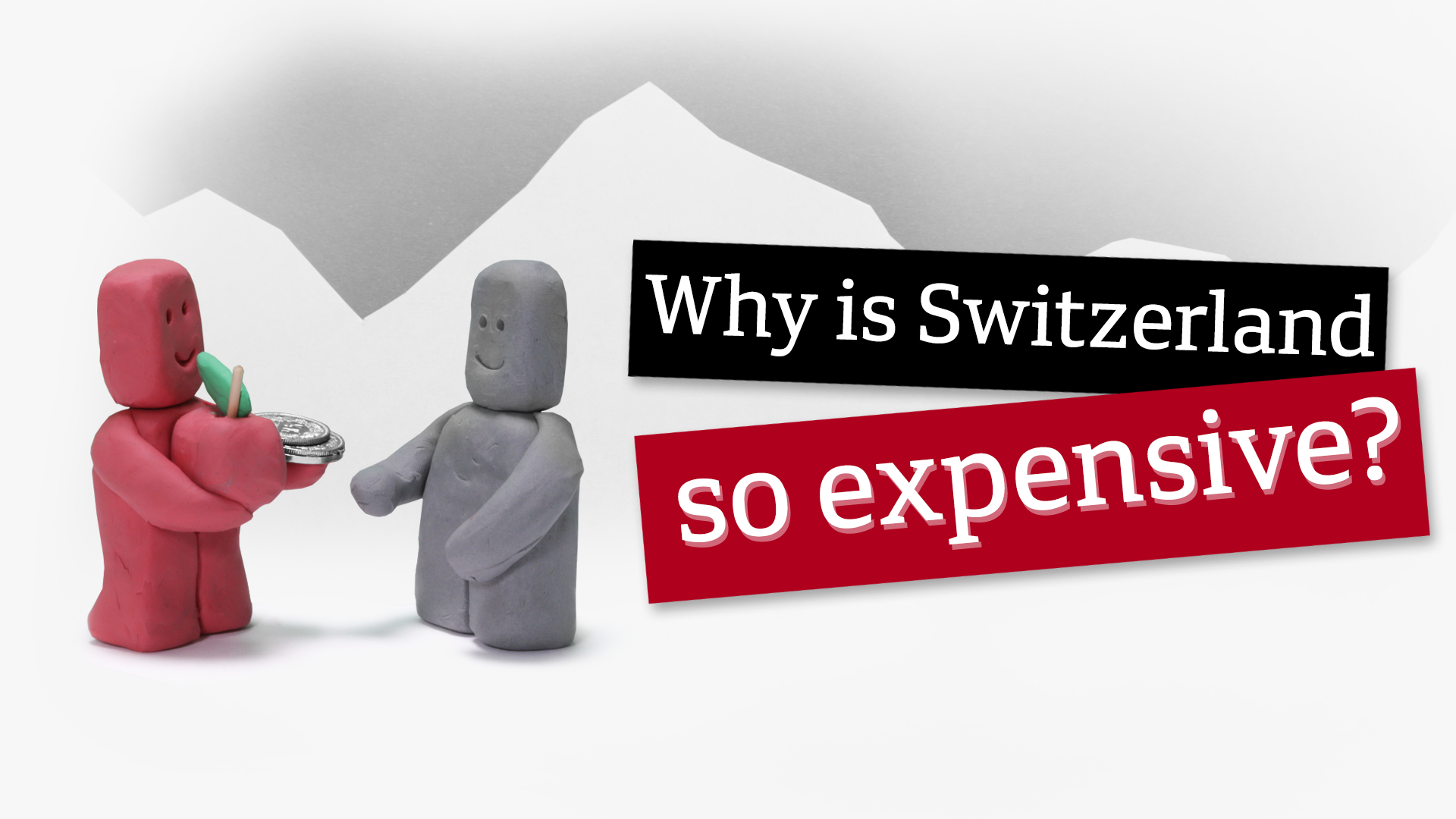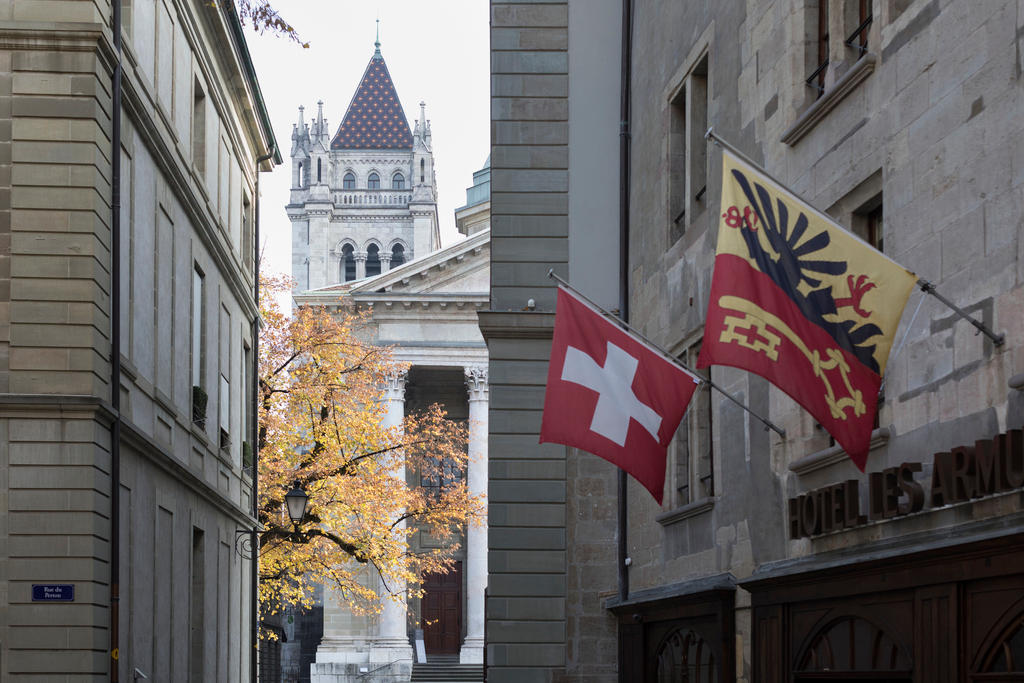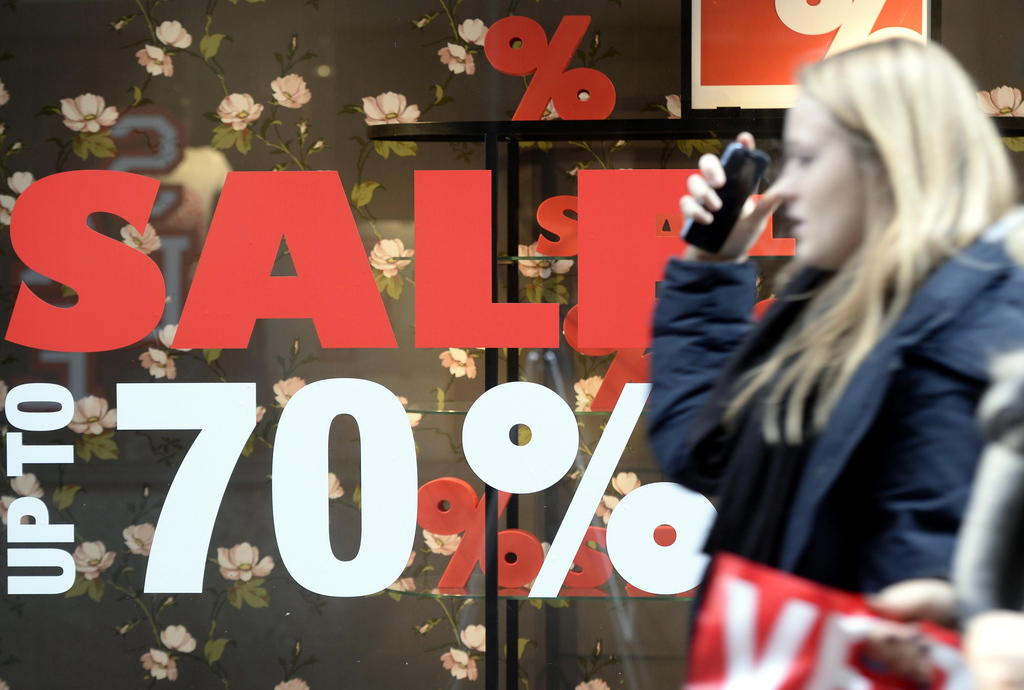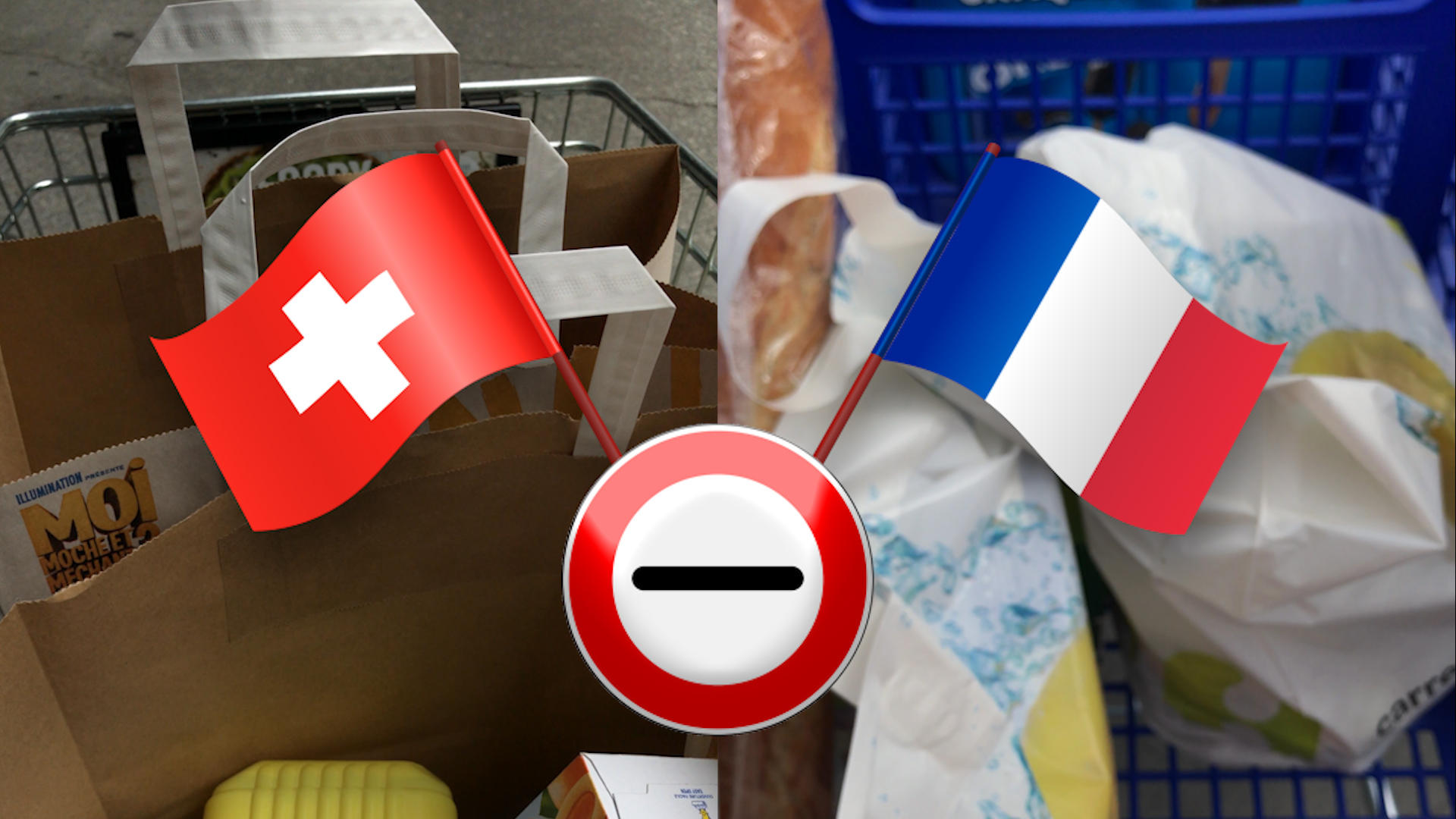Cost of living in Switzerland

The cost of living in Switzerland is among the highest in the world, with the cities of Zurich and Geneva consistently found to be the most expensive on the planet.
The Swiss National Bank’s decision on January 15, 2015 to scrap an exchange rate ceiling with the euro caused the Swiss franc to gain drastically in value, making Swiss goods and services even more expensive compared with eurozone countries.
And though the direct effects of the currency de-pegging have faded – the Swiss franc regained the symbolic value of €1.20 in April 2018 – prices remain high.

More
Why is Switzerland so expensive?
A study by the UBS bank published in May 2018 found that Zurich and Geneva top the list of the world’s most costly cities, ahead of Oslo, Copenhagen, and New York.
In these cities, rent on a small apartment of two bedrooms can easily exceed $2,000 per month, while compulsory health insurance (at least $335 per month), transport costs (average $468 per month) and groceries (average $458 for a single person) quickly chip away at your salary.
On average, total household consumption expenditure in Switzerland is around 60 percentage points higher than the European Union average, according to Eurostat figuresExternal link.
Despite those expenses, some of the highest salaries in the world mean the inhabitants of Zurich and Geneva enjoy considerable purchasing power: they rank second and fourth worldwide on this indicator, sandwiched by Los Angeles and Miami, UBS found.
As a comparison, whereas a worker in Cairo, Egypt, would have to spend some 133 working days before being able to buy the latest iPhone, a worker in Zurich only has to wait 4.7 days, UBS says.
The Economist also uses a “gratifyingly simple” way of calculating purchasing-power parity by using the price of a Big Mac. According to the January 2019 Big Mac IndexExternal link, the Swiss must pay $6.45 for the same burger that would cost $5.58 in the United States, meaning the franc was overvalued by 18.7%.
The Federal Statistical Office has more data available on prices hereExternal link.

In compliance with the JTI standards
More: SWI swissinfo.ch certified by the Journalism Trust Initiative






You can find an overview of ongoing debates with our journalists here . Please join us!
If you want to start a conversation about a topic raised in this article or want to report factual errors, email us at english@swissinfo.ch.